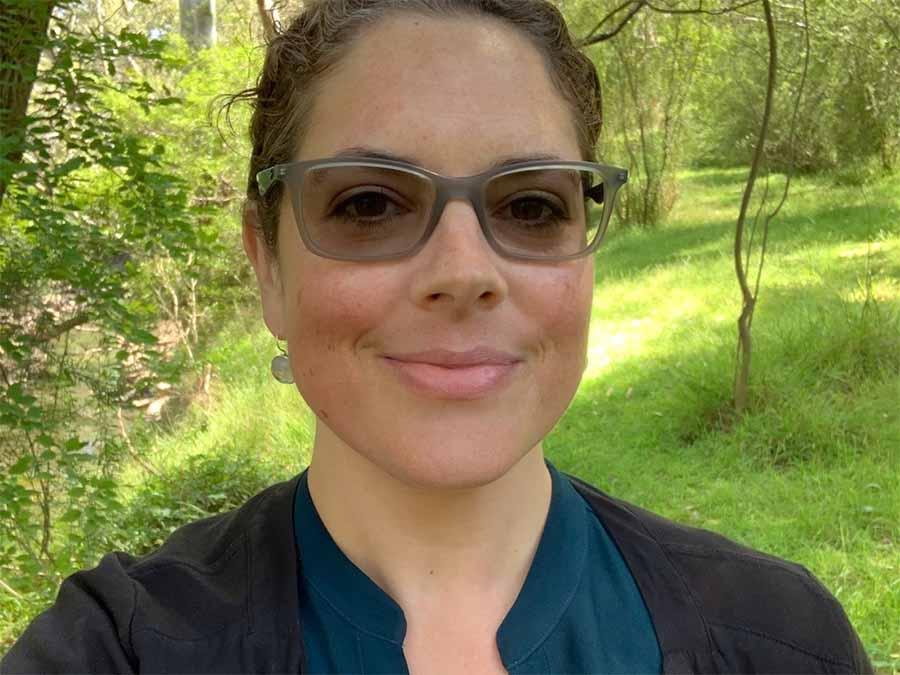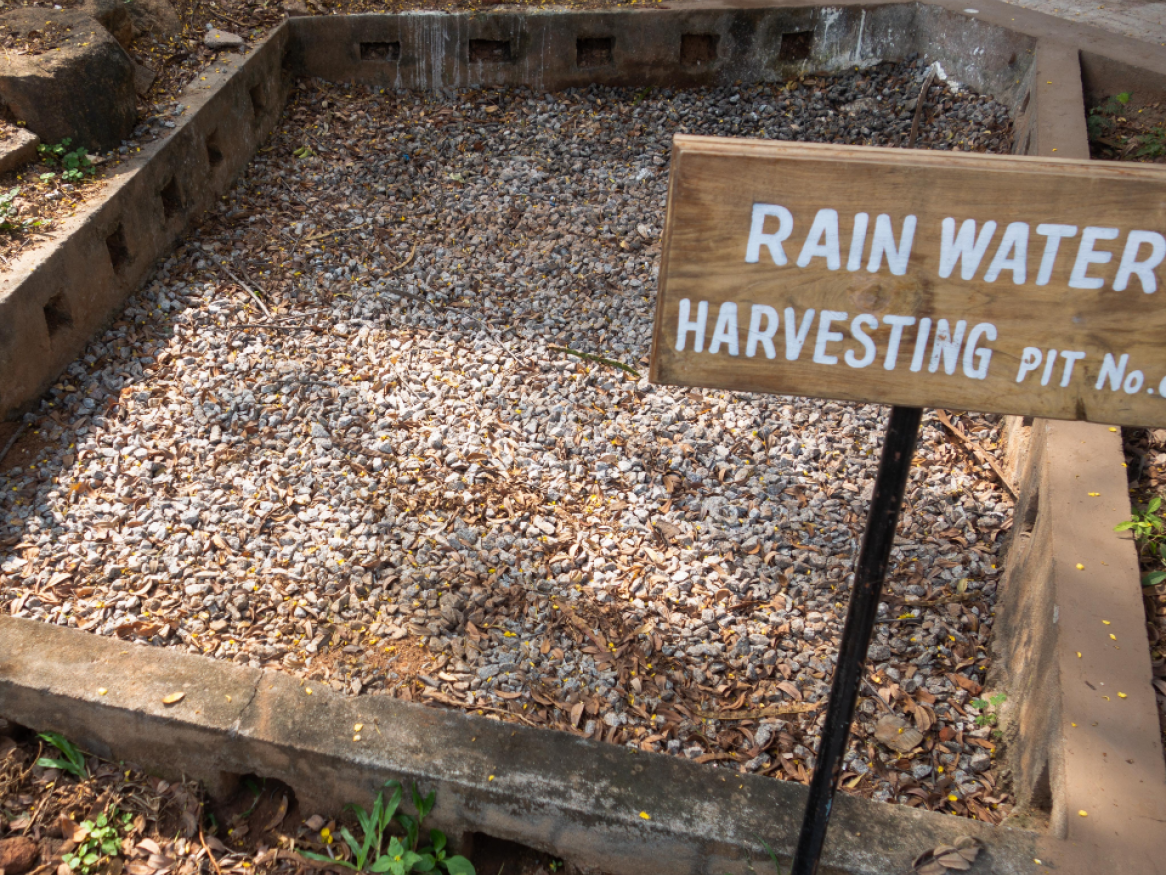Fairness
With access to researchers in all disciplines, from law to social sciences and engineering, the Water Research Centre has built an excellent foundational understanding of what it means to be fair with water resources.

Water fairness matters
Water is a finite resource. It must be carefully managed and allocated fairly and equitably to users, ensuring there is enough for the environment. Australia’s water management history is complex and multi-faceted, and includes Indigenous water rights. In underdeveloped countries, a lack of adequate infrastructure and planning means some communities do not have access to enough clean water.
-
Our expertise
- Water law and transferability of water entitlements
- Environmental anthropology
- Mega projects using innovative uses of water, such as methods in-line with natural water cycles
- Water justice, rights to sanitation and access•Water infrastructure about settlements, such as dam-induced resettlement and settlement in the Snowy River and River land areas.
-
Research areas
- Culture and society: Indigenous water, sacred rivers, cultural values, social norms, geography
- Water law: Legal regulatory framework, defining water user rights
- Literacy and communication: perception of water resources, supply and rights
- International development: Cost efficient technology, infrastructure, groundwater, agricultural innovation, participatory irrigation management, property rights
-
Key people
Professor Paul Babie
Professor Paul Babie is an expert in property law at the Adelaide Law School. He is particularly interested in water law and working to reform water law in Australia. His expertise is valuable in projects where understanding the legal regulatory framework is needed.
Professor Mike Young
Professor Mike Young is one of the acknowledged architects of Australia’s water sharing and trading systems. Specialising in the development of industry and business led transitions, his work now focuses on opportunities to share access to scarce water and climatic resources. He is a leading expert in the transfer of policy reform experiences from one country to another.

Dr Georgina Drew
Dr Georgina Drew is an environmental anthropologistat the School of Social Sciences. She is an expert in understanding cultural and religious politics in order to help shape resource management decisions. She also investigates and solves challenges around inclusive and culturally sensitive resource access and use.
Dr Constantin Seidl
Dr Constantin Seidl is with theCentre for Global Food and Resources. He explores how Murray-Darling Basin irrigators, environmental water holders and financial investors manage their water risk and what value water as an asset has for them. He usesqualitative and quantitative research methods, such as survey analysis and econometric regressions.

Dr Scott Hawken
Dr Scott Hawken is with the School of Architecture and Built Environment. His specialities are urban development and design, particularly in the fields of water justice and creating sustainable mega cities.
Case studies

Defining user rights to water
Some of our researchers are now revisiting fundamental water law to analyse and better understand the ways in which law defines user water rights. They are looking at this from two perspectives: top-down (such as the creation of water user rights by governments) and bottom-up (such as the aspirations of extractive consumers, environment uses and Indigenous flow rights.
Structural transformations
Some major South Asian cities are facing the serious problem of how to meet their growing water needs, in preparation for the day in future when they will have no access to groundwater or any other water supply.
One of our projects investigated the possibilities for upscaling urban rainwater harvesting and other infrastructural transformations needed for this scenario, including thinking about the social and cultural perspectives.

